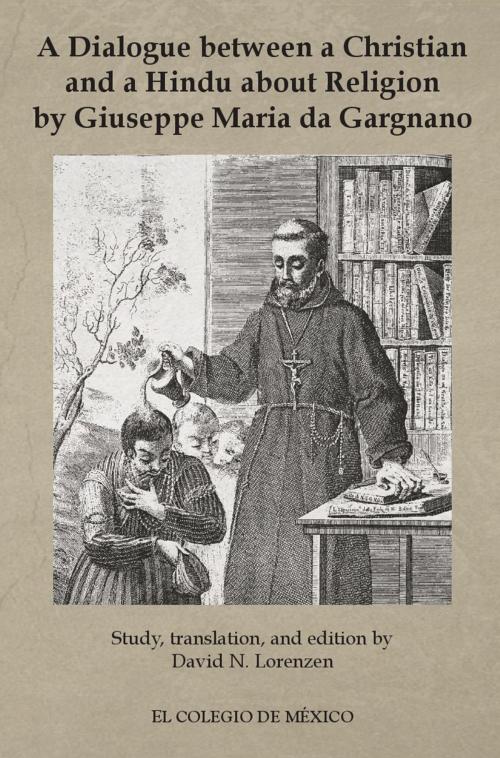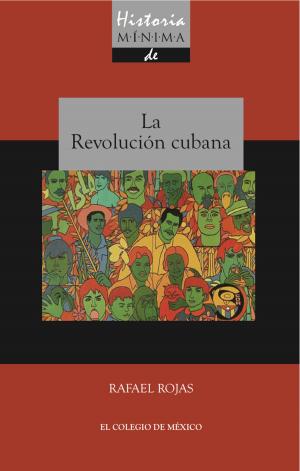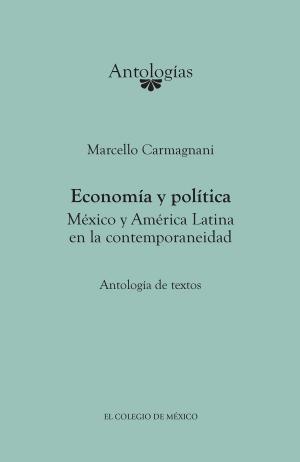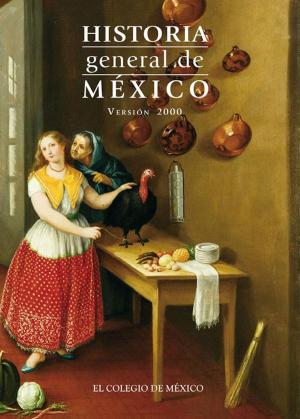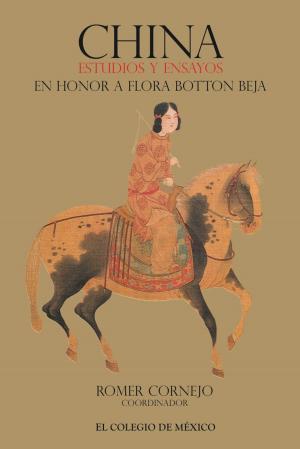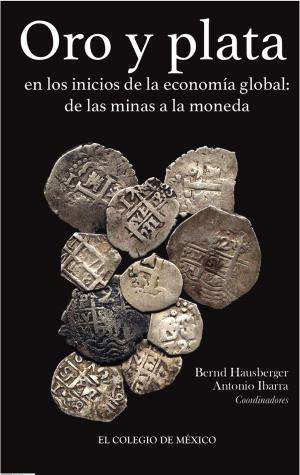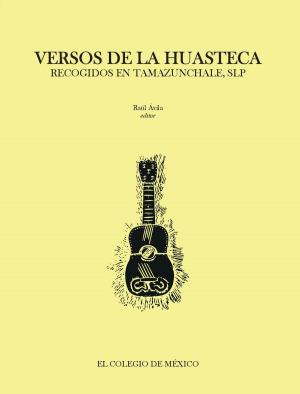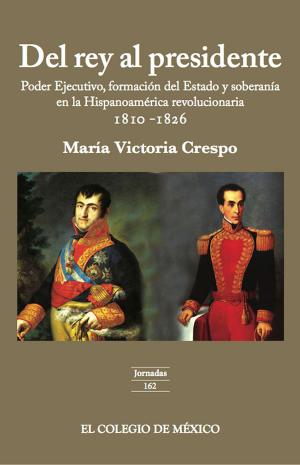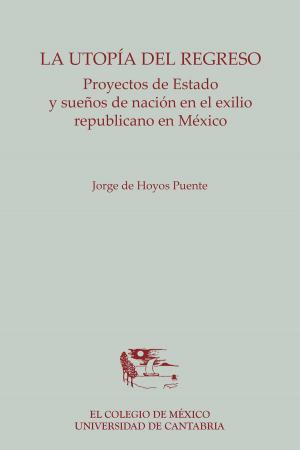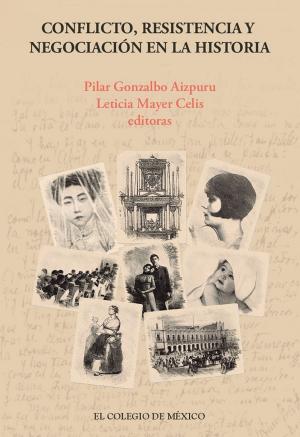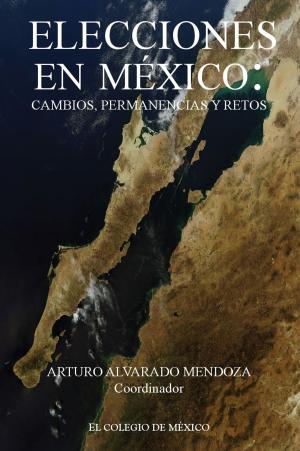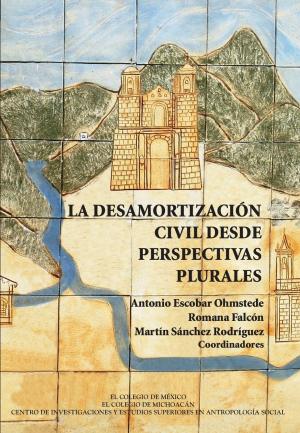A dialogue between a christian an a Hindu about religion.
Nonfiction, Religion & Spirituality, Reference, Comparative Religion| Author: | ISBN: | 9786074627718 | |
| Publisher: | El Colegio de México | Publication: | March 2, 2015 |
| Imprint: | Language: | English |
| Author: | |
| ISBN: | 9786074627718 |
| Publisher: | El Colegio de México |
| Publication: | March 2, 2015 |
| Imprint: | |
| Language: | English |
The “Dialogue between and Christian and a Hindu about Religion” (Javābasvāla aika krīstīān aura aika hīdu ke bīca mo imāna ke upara) was written in about 1751 by Giuseppe Maria da Gargnano with help from his Capuchin friend and colleague, Cassiano da Macerata, and from an unnamed Brahmin teacher. This teacher apparently taught Giuseppe Maria to read Hindustani and some Sanskrit, instructed him in the basics of Hindu religion, and corrected the Hindustani text of the “Dialogue”. A copy of the Hindustani text was first presented to the raja of Bettiah in 1751. Subsequently, an undetermined number of hand-made copies were distributed among persons in the Bettiah area. A copy of the Hindustani text in an Indian script related to nagari, dated in 1751, together with an Italian version was sent to Rome and is now in the Vatican Library (Borg. ind. 11). Another copy of the text, dated in 1787, is also found in the same Library (Borg. ind. 16).
In the context of the still limited progress of European studies of Indian languages and culture in Giuseppe Maria’s historical period, and despite the shortcomings of his own cultural upbringing and intellectual training, the Hindu-Christian dialogu remains a pioneering linguistic and religious experiment.
The “Dialogue between and Christian and a Hindu about Religion” (Javābasvāla aika krīstīān aura aika hīdu ke bīca mo imāna ke upara) was written in about 1751 by Giuseppe Maria da Gargnano with help from his Capuchin friend and colleague, Cassiano da Macerata, and from an unnamed Brahmin teacher. This teacher apparently taught Giuseppe Maria to read Hindustani and some Sanskrit, instructed him in the basics of Hindu religion, and corrected the Hindustani text of the “Dialogue”. A copy of the Hindustani text was first presented to the raja of Bettiah in 1751. Subsequently, an undetermined number of hand-made copies were distributed among persons in the Bettiah area. A copy of the Hindustani text in an Indian script related to nagari, dated in 1751, together with an Italian version was sent to Rome and is now in the Vatican Library (Borg. ind. 11). Another copy of the text, dated in 1787, is also found in the same Library (Borg. ind. 16).
In the context of the still limited progress of European studies of Indian languages and culture in Giuseppe Maria’s historical period, and despite the shortcomings of his own cultural upbringing and intellectual training, the Hindu-Christian dialogu remains a pioneering linguistic and religious experiment.
